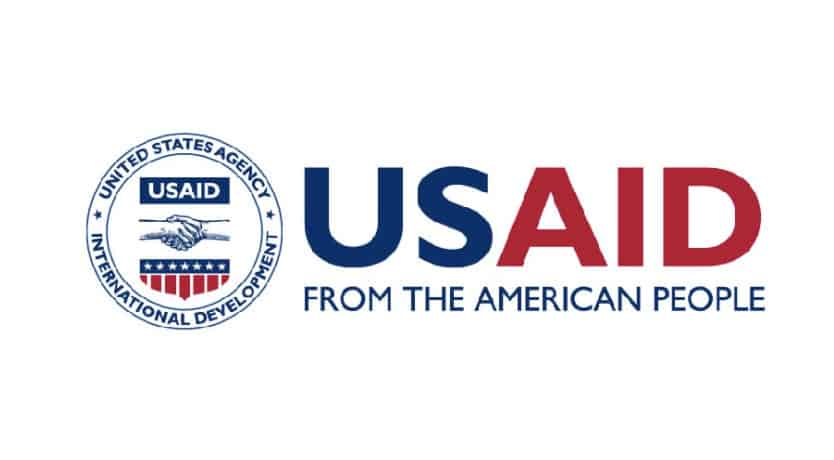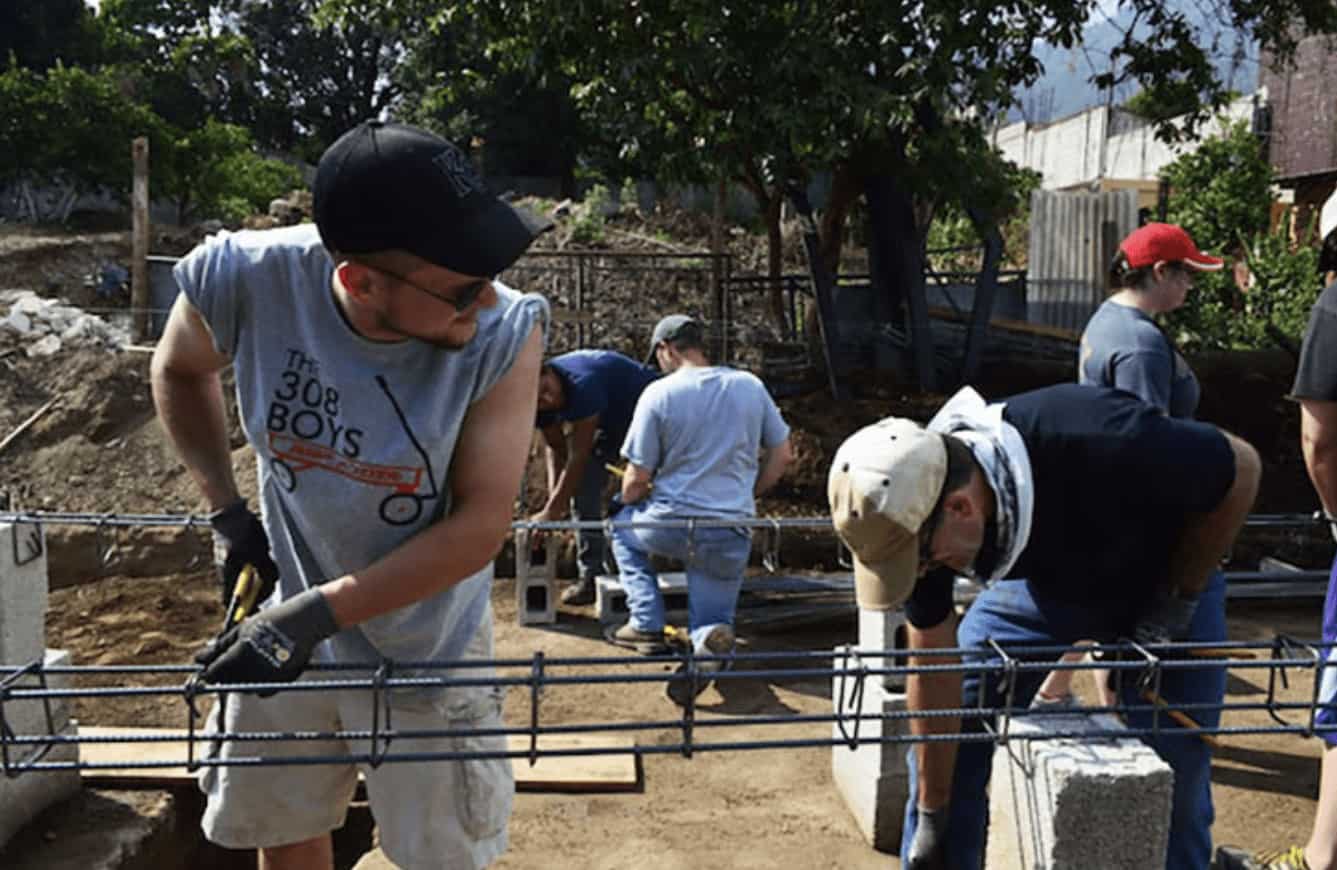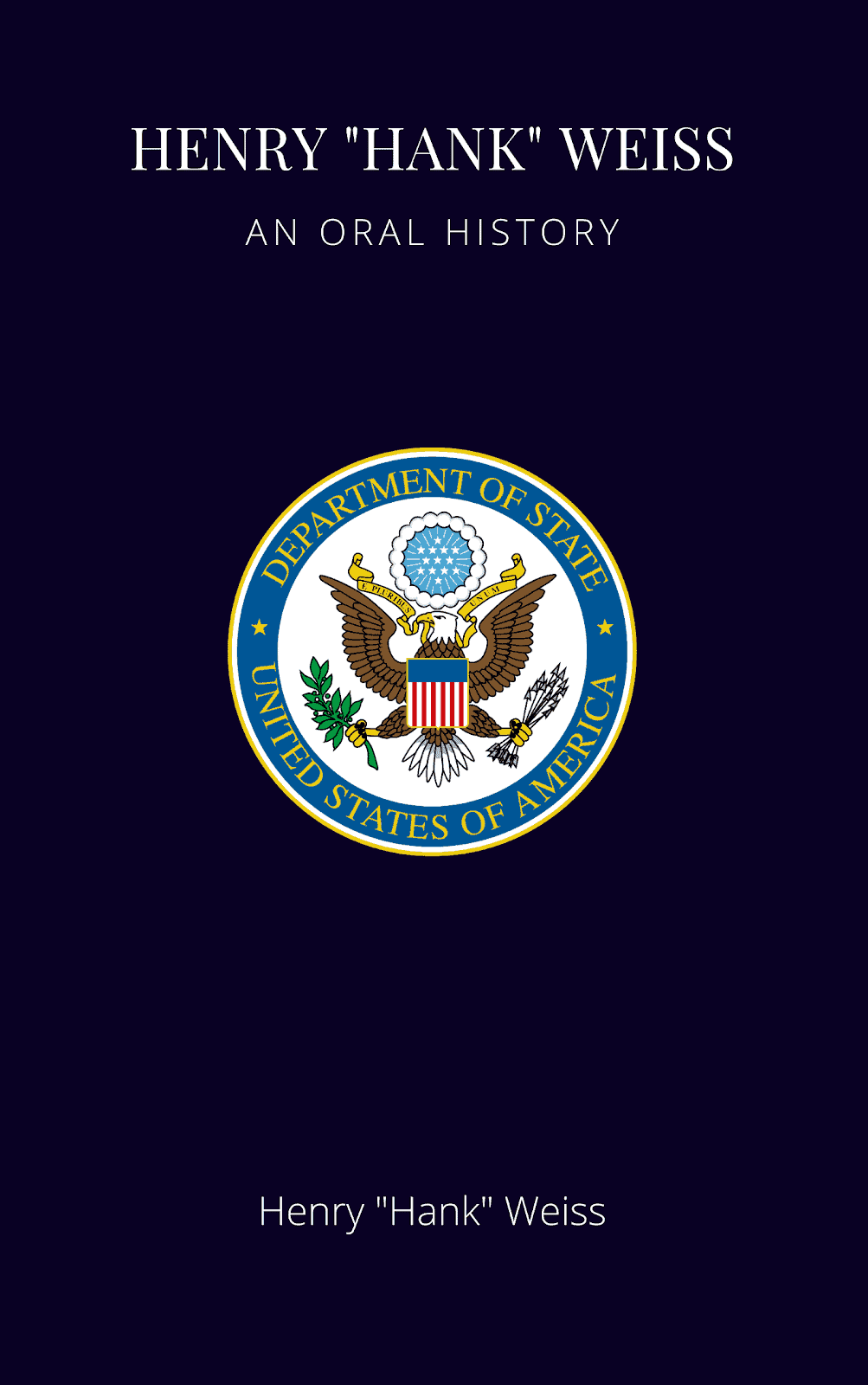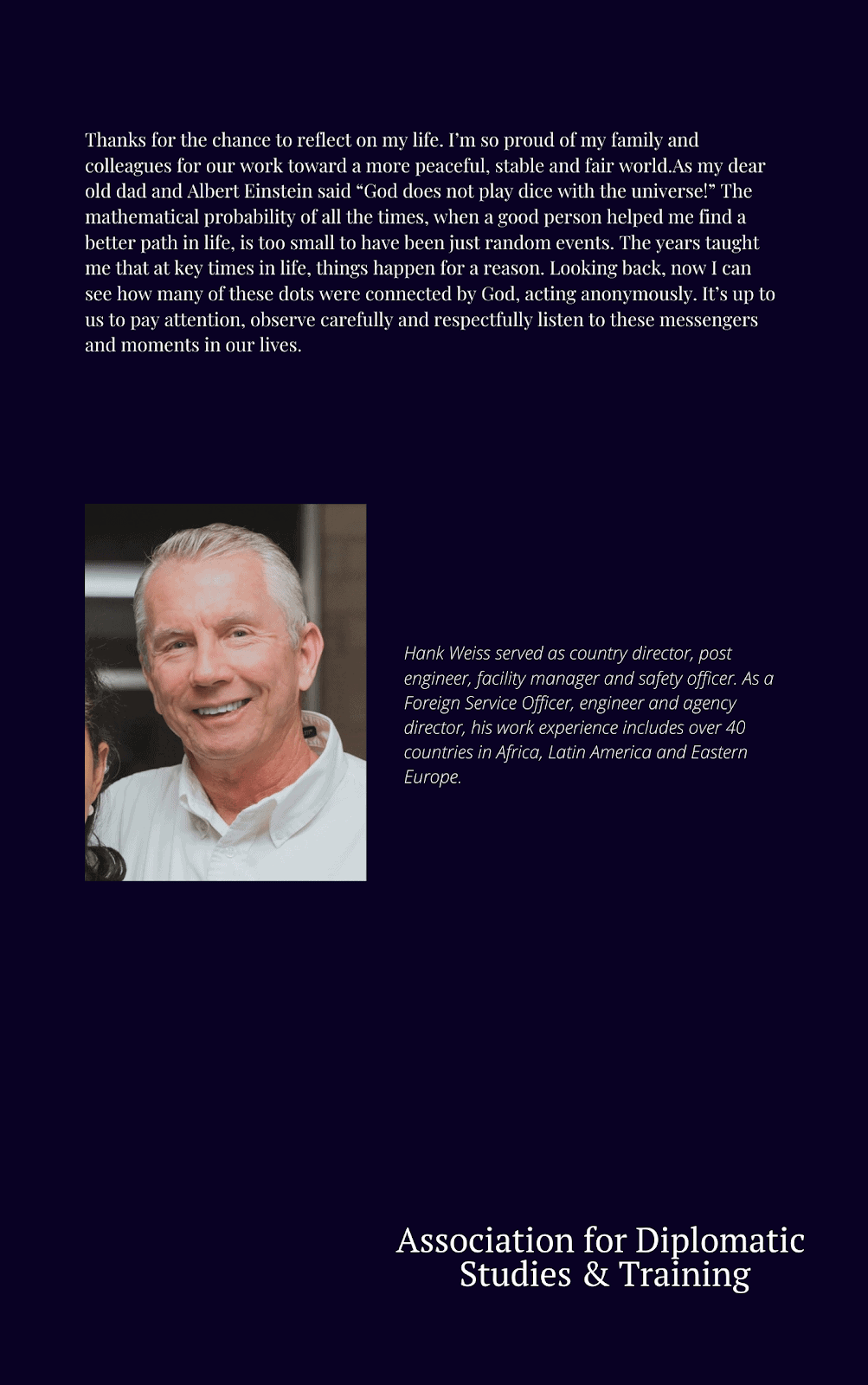Life can sometimes be unpredictable in the Foreign Service. Serving as a development officer may perhaps be even more unpredictable, since one often confronts unique challenges in distinct parts of the world. Many who are called to public service have a passion for change and improvement; they embark on a path unlike any other.
The United States sends men and women across the world to serve in diplomacy, trade, humanitarian aid, and development projects. During the 1970s and 1980s, the United States invested more resources in Latin America; Central America was a prime example—Honduras, Belize, and Guatemala. Much of this investment was dedicated to infrastructure development for national governments, and its success depended on the efforts of dedicated public servants.
Henry “Hank” Weiss was one such person—a man of faith and service. He defines his life in five words: “Coincidence is God acting anonymously.” Life brings strange consequences to situations unimaginable. In this “moment” in U.S. diplomatic history, we see that Hank Weiss learned from his many years overseas—from Latin America to Africa to Eastern Europe—that it absolutely takes a village to raise a child. Weiss, with strong faith and the support of friends, worked with USAID, the Peace Corps, and the Department of State, and sought to make a lasting contribution in the countries where he served.
Weiss explains that working for developmental projects in over forty countries brought a certain element of unpredictability into his life. At retirement, the significance of his twenty-seven-year career abroad is filled with wisdom, culture, adventure, and unpredictability. His view on the world, as well as life, can perhaps help redefine our outlook on service.
Henry Weiss’ interview was conducted by Mark Tauber on August 12, 2019.
Read Weiss’ full oral history HERE.
Drafted by Derek Gutierrez
ADST relies on the generous support of our members and readers like you. Please support our efforts to continue capturing, preserving, and sharing the experiences of America’s diplomats.
Excerpts:
“We learned that it’s important to have staying power in a country to build that local team who understand complex social contexts and can define the theory of change to avoid or mitigate armed conflict.”
Struggle in hostile regions:
Much of the work done in the 1980’s was in civil war zones. Nicaragua, Honduras, Guatemala, Ethiopia, Haiti, and El Salvador were all in different levels of civil war. As the conflict grew in El Salvador, USAID, saw the importance of stable electric grids and public health logistics. Without electricity, there was no reliable water. Without good water, there was no good hygiene, health, hospitals or refrigeration. There was a critical section of the power line that was destroyed in the war, in northeastern El Salvador, in Morazán. One side of the line was controlled by the Frente, which was the guerrilla opposition. The other side was controlled by the government and military. This section of the blown up power line was in this disputed area. The project strategy was based on sustainable development, situational analysis and a solid theory of change. USAID had brilliant local staff that understood the context and situation in Morazán . . . .
One of the saddest days of my career was in Salvador when we lost two rural linemen to an electrical accident. The two men were electrocuted, and though I was not in that district, I carried that with me for life. I got extremely involved in safety after that. Two lessons I learned from the experience were the importance of peace building and of working safely.
“We made some great friends and neighbors and the Albanians taught us a lot, especially in religious tolerance even though at the time we may not have realized it”
Friends are a blessing:
And I had another blessing in my life. When I went to the graduate school of engineering in Miami. The university had a few grants focused on productivity and engineering. The lead professor was a global expert in this field and a saint of a person. We’re still great friends . . . .
It was a wonderful experience. I got my Master of Science in Engineering and stayed on to get an MBA. A few months after graduation, a USAID colleague called me to have dinner. He flew into Miami from a health sector program and told me about a new USAID cooperative agreement in El Salvador. Since we’d worked together in Colombia, Central America, and Mexico, he took my résumé with him.
In a few days I got a call to fly to D.C. to interview for the program. About a month later I was leaving the Miami International Airport for a country that I had never worked in and was in a civil war, El Salvador.
“I had little experience in Muslim countries, but Albania turned out to be a great experience . . . . It was a very rewarding experience”
Service unexpected:
My family and I expected to be assigned in Latin America due to our experience and Spanish skills. There was a need to develop a new program in a majority Muslim country with some innovative programs. These included municipal development, municipal engineering, teaching, and teacher training in the country of Albania. They switched me from going to Latin America one day and said, “We’ve got a new program in Albania and you’re going.”
I loved doing that because I worked in over 40 countries over 25 years overseas. When we’d have someone going to Africa, WHA, or Eastern Europe, I’d consult with the younger officers.
Change is effective:
Our USAID and INL (International Narcotics and Law) programs were effective. The programs aligned, coordinated, and built relationships, critical to move the fairly corrupt Honduran government towards good governance, rule of law, honesty, and integrity. Both AID and INL had good systems for evaluating impact and vetting.
Vetting is complex work to assure the due diligence of foreign officials, prior to being approved for U.S. programs with benefits like education or training. The word got out that to work with the U.S. embassy required integrity, ethics and honesty. This was during a period when in some upper levels of Honduran society, corruption and even narcotrafficking existed. Through sound programs, execution and vetting; the message was clear.
There’s nothing more important than alleviating the human suffering that comes with war, conflict and violence. This was a path to minimize the possibilities of conflict and to focus on better ways to promote a more peaceful and hopeful world.
Beauty in service:
I believe one of the most impactful things that we did was the work done to prevent violence in fragile states and borderline fragile places. The potential to alleviate human suffering and leverage limited resources effectively in fragile states has great potential. When we use real time feedback to inform evaluative thinking and programming, that potential may be greater than we realized.
TABLE OF CONTENTS HIGHLIGHTS
Education
BS in Development Economics and International Development Program, ~1971–1975
American University, School of International Service
MS in Industrial and Systems Engineering, University of Miami, ~1985–1988
CFM-facility Management
MS Engineering and MBA Business Administration, University of Miami, ~1985–1988
Management and Operations
Joined the Foreign Service 1980
El Salvador—Engineer in NRECA with USAID ~1988–2005
Albania—Peace Corps Director 2005–2007
Cape Verde—Agency Head and Country Director 2008-2010
Belmopan, Belize—Engineer and Facility Management Specialist ~2011–2012
Retired 2019
Hank Weiss’ oral history is also included in ADST’s newest publications program—producing oral history transcripts as bound books. Visit our ADST Bound Books Program page for more information. If you would like to order a copy, please send an email to [email protected].




